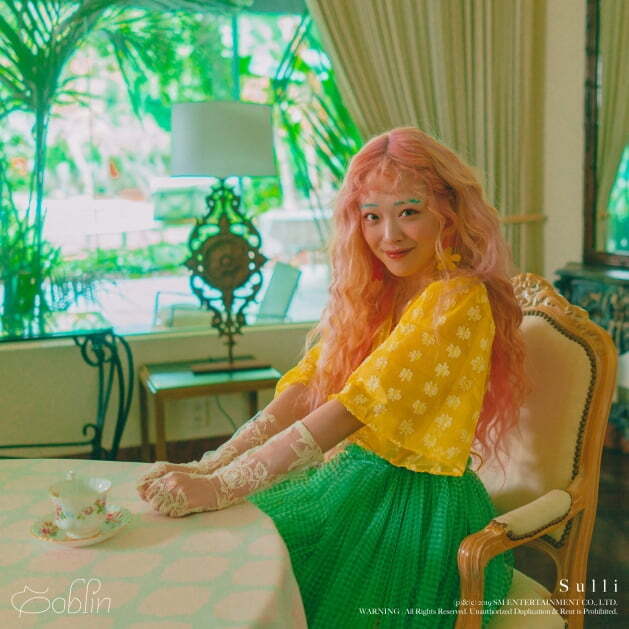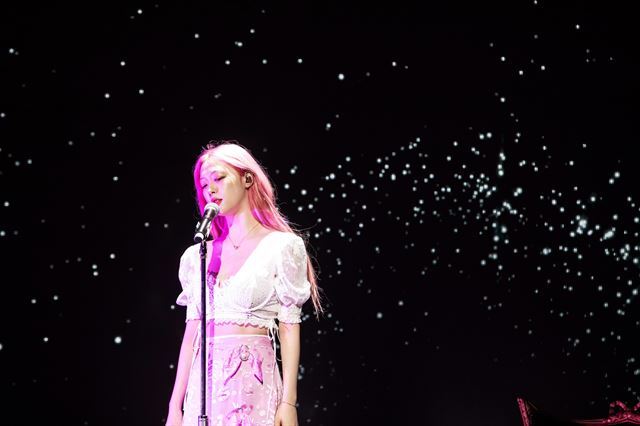Gender Roles and Sexism in the K-pop Industries:
Grieving the Death of Sulli
It’s been almost a year, a renowned K-pop star Sulli, a former member of a K-pop girl group, f(x), committed suicide. It was a tragic and shocking incident for me too, as I have grown up with f(x)’s songs and felt related to her as a same-aged girl from the same hometown. Especially, I loved her enthusiasm and activism as a feminist, which is still really a difficult position to take in Korean society. She was really special and different from most of the other female artists in the K-pop industries.
K-pop artists are expected to play certain gender roles
K-pop artists, especially the female ones, are often sexually objectified and expected to play certain roles, whether innocent teenage girls (isn’t it so sick?) or sexy ladies. Funnily enough, no matter what kind of role you play as a female K-pop artist, you will be sexually consumed. It is so problematic, also considering that many of them are underaged.
Sulli was one of them. She made her debut when she was only about 15 as a member of a girl group and became popular. In 2013, she started to go out with a much older guy publicly which is not usual in the K-pop world. In this world, many ‘idols’ are expected not to have romantic relationships, as they are sort of, in a relationship with their fans. Moreover, female K-pop stars are supposed to be somewhat virgin, or innocent in their personal lives, even if they play sexy roles in their music. It is ridiculous and truly sexist because they are consumed as sexual objects, but they can’t have their agencies.
Sulli, who was brave enough to break the rules
Sulli, on the other hand, took the initiative to express her sexuality by posting sexual (or provocative as ‚they‘ say) images on her Instagram, or date an older guy openly which has led her to leave the group, f(x). She often didn’t wear a bra, talked about abortion rights, and feminism on her social media. Therefore, she was in a way, punished by the public for refusing to follow those unspoken rules in the industry. She was harassed, and cyberbullied for dating, not wearing a bra, taking sexy pictures which are normal for a 25-year-old girl, I mean, for everyone.

I remember when I heard Sulli’s death last year, and I was truly devastated. I am not even a big celebrity follower, but this news made me feel sad for a while. Her death shows how distorted K-pop industries are, and sexist biases and double-standards are deeply embedded in the industries. Although there are more and more K-pop girl groups and female singers who are empowering and confident enough to express their ideas and sexualities, it is a big tragedy that the K-pop industries couldn’t support Sulli’s move.
In her last song before her passing, she sings, “It’s true I’m pretty sick of (everything). (…) Do you feel that something is wrong? I am just here”. Perhaps she just wanted to be here, by being herself.
Both of the images of Sulli are offered by SM entertainment.

